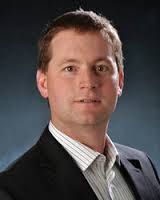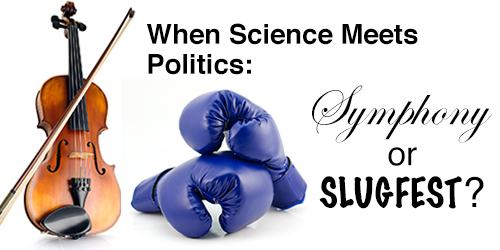2015 Mitchell Lecture on Sustainability
Click here to view this lecture online
Thursday, October 15, 2015 at 1pm
Hauck Auditorium, University of Maine
Keynote Speaker: Roger Pielke Jr.
Center for Science and Technology Policy Research, University of Colorado
There are a range of controversies in the news these days where the role of expertise in decision making has proved challenging, from Deflategate in NFL football to the relationship of academics and industry in public debates over GMOs. Perhaps foremost among these, nations will gather in Paris in December to continue international negotiations on climate change, a generational challenge where progress has proven difficult.
In this lecture, Pielke will take a critical look at the contested terrain where science and politics meet. He has long studied this terrain and occasionally found himself embroiled in it. Pielke will argue that science and expertise are essential to good decision making. In particular, he will argue that better decision making requires more honest brokers in political debates and less partisanship played out through science. There are strong incentives against such honest brokering – for politicians and experts alike. However, better decision making requires that we better connect science and politics. Pielke will offer a hopeful message about how this might be done.
 Dr. Roger Pielke Jr. is Director of the Center for Science and Technology Policy Research, University of Colorado. His research focuses on science, innovation and politics. In 2012, he was awarded an honorary doctorate from Linköping University in Sweden and was also awarded the Public Service Award of the Geological Society of America. He is author, co-author or co-editor of seven books, including “The Honest Broker: Making Sense of Science in Policy and Politics” and “The Climate Fix: What Scientists and Politicians Won’t Tell you About Global Warming”.
Dr. Roger Pielke Jr. is Director of the Center for Science and Technology Policy Research, University of Colorado. His research focuses on science, innovation and politics. In 2012, he was awarded an honorary doctorate from Linköping University in Sweden and was also awarded the Public Service Award of the Geological Society of America. He is author, co-author or co-editor of seven books, including “The Honest Broker: Making Sense of Science in Policy and Politics” and “The Climate Fix: What Scientists and Politicians Won’t Tell you About Global Warming”.
The 2015 Senator George J. Mitchell Lecture on Sustainability is supported in part by:
- Mitchell Center for Sustainability Solutions
- Department of Anthropology
- Department of Communication & Journalism
- Ecology & Environmental Sciences Program
- School of Economics
- Honors College
- Cultural Affairs/Distinguished Lecture Series Fund

